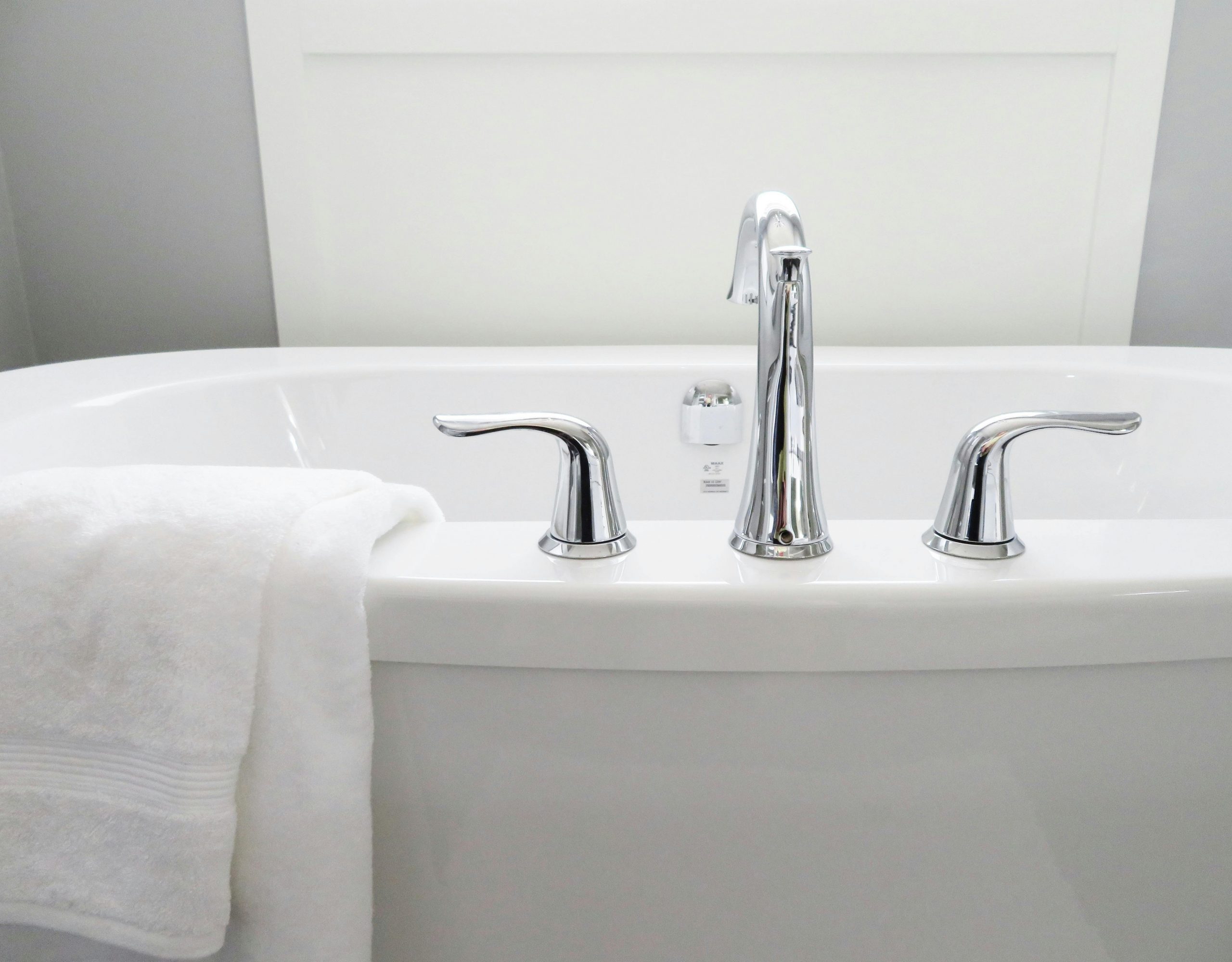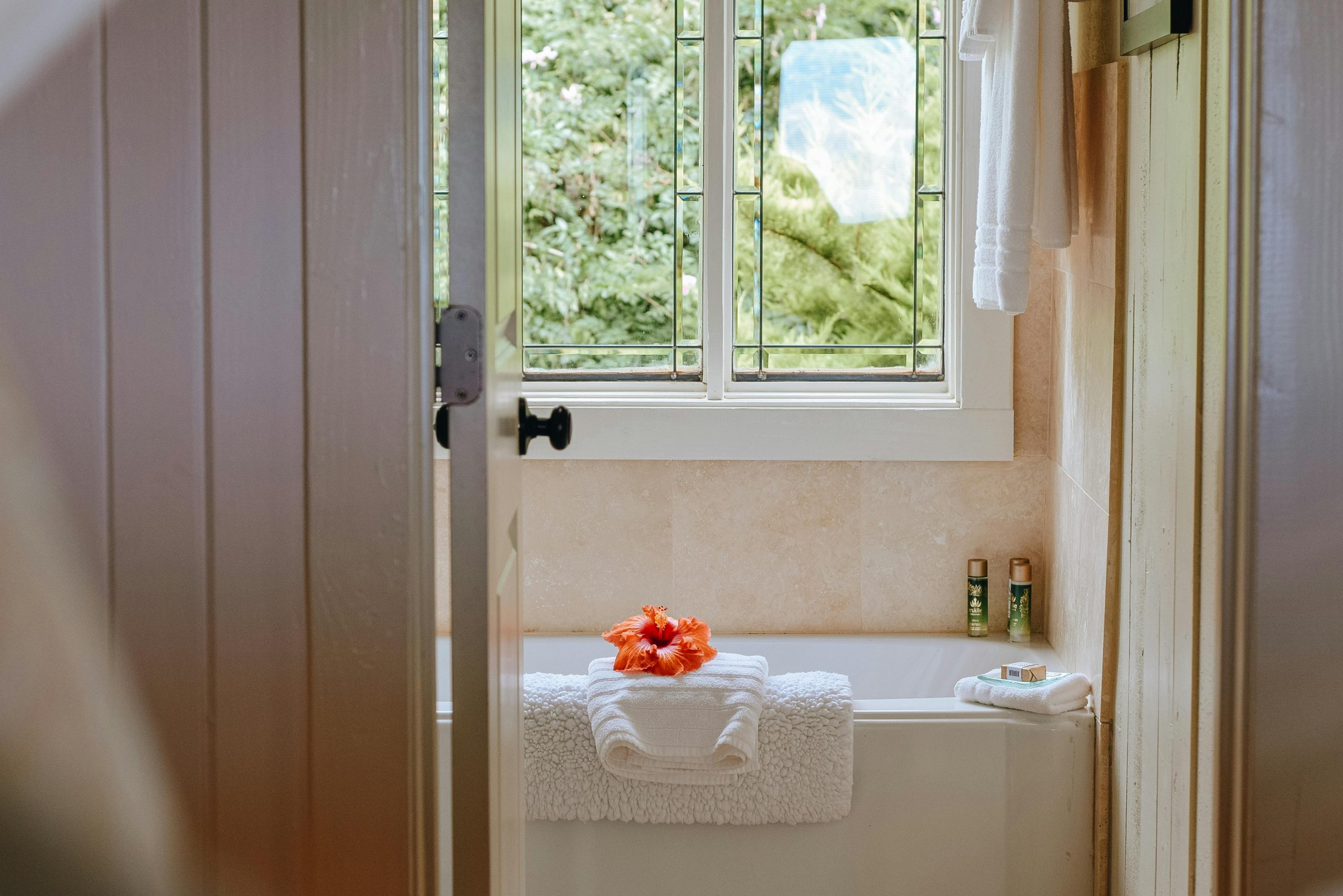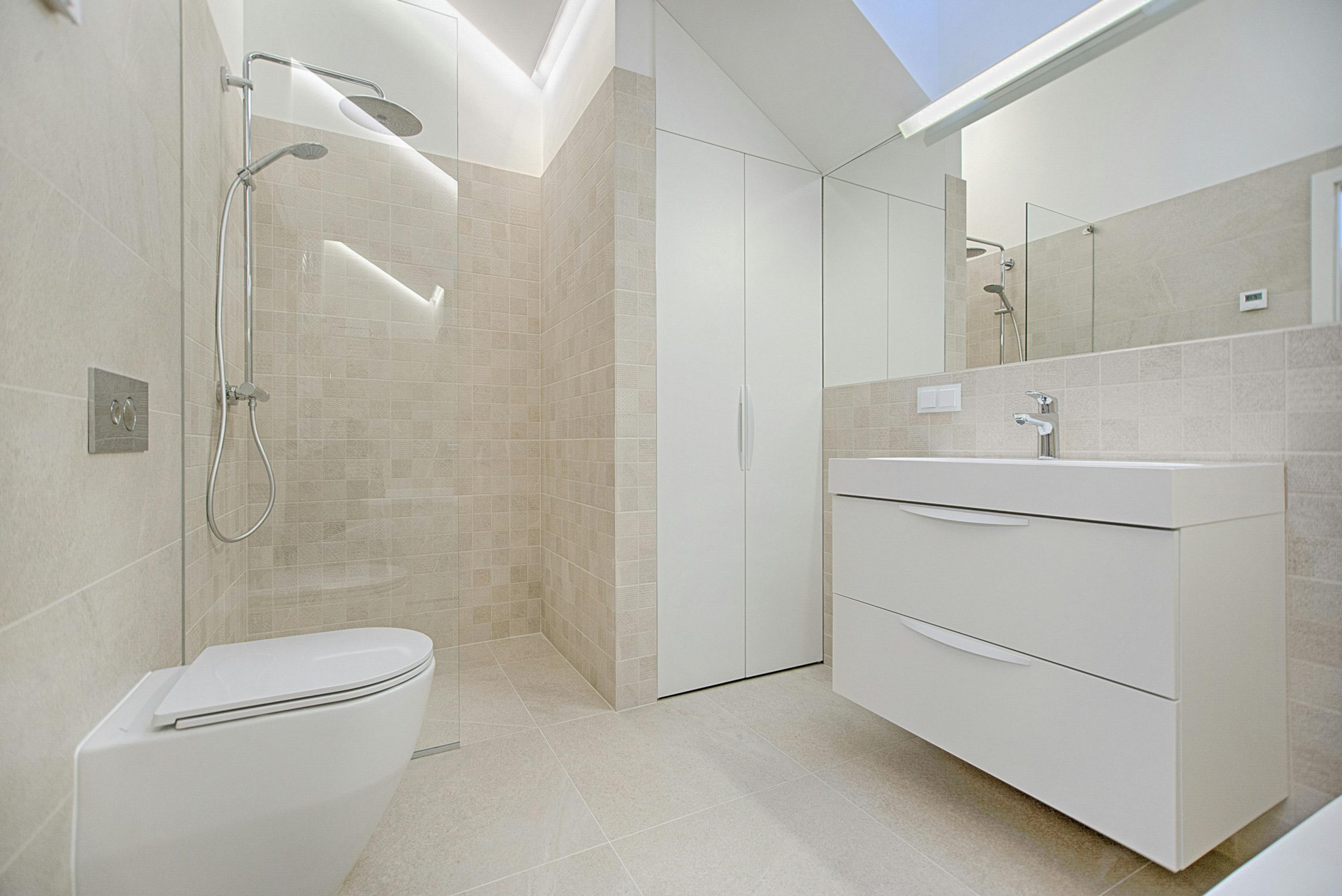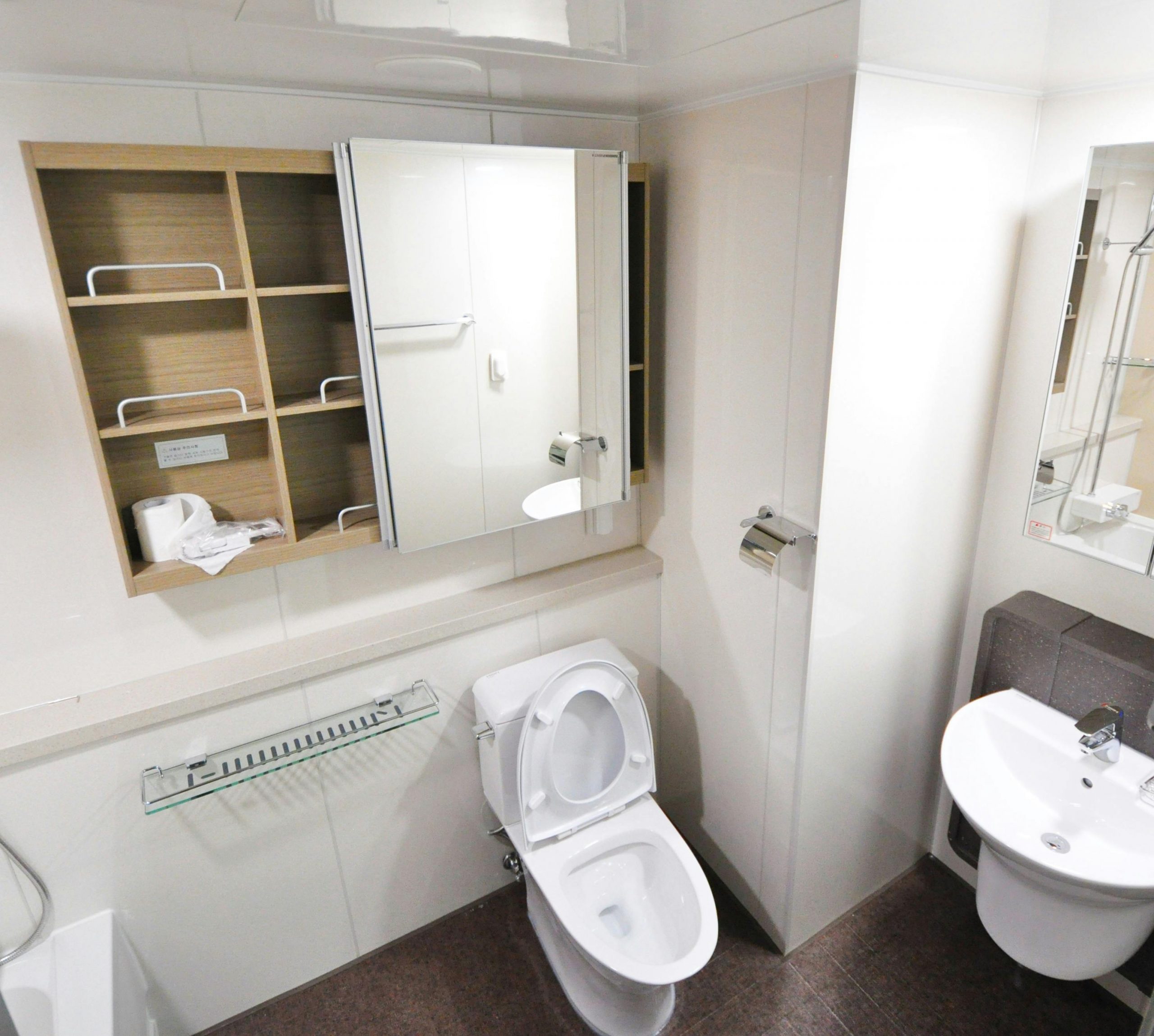How to Estimate Bathroom Addition Cost for Your Home Remodel
Adding a bathroom to your home is one of the best ways to improve comfort and increase your property value. But how much does a bathroom addition cost? The answer depends on several factors, including the size of the bathroom, where you build it, the materials you choose, and local labor rates.
In this complete guide, we’ll break down the key costs and considerations to help you plan a bathroom addition that fits your needs and budget. Whether you’re adding a half bath to a hallway or a full master bath suite, this guide makes it easy to understand.
Average Cost of a Bathroom Addition

The average cost to add a new bathroom ranges from $5,000 to $35,000 or more, depending on size, location, and finishes.
| Bathroom Type | Average Cost Range |
| Half Bath (Powder Room) | $5,000 – $15,000 |
| Full Bath (Shower or Tub) | $15,000 – $25,000 |
| Luxury Master Bathroom | $25,000 – $50,000+ |
Keep in mind, these are just averages. Your final price will vary based on materials, labor, and your home’s layout.
Factors That Affect Bathroom Addition Cost
Several things influence the total cost of your bathroom addition. Understanding each can help you manage your budget and avoid surprises.
1. Bathroom Size
The bigger the space, the more materials and labor it requires. A half bath is cheaper than a full bath because it only needs a sink and a toilet. Full baths require extra plumbing, flooring, waterproofing, and fixtures like showers or tubs.
2. Location Within the Home
Adding a bathroom near existing plumbing—like next to a kitchen or laundry room—is more affordable. If you’re placing the bathroom far from existing water lines or drains, expect higher costs for running new pipes.
Bathrooms added to upper levels or basements often involve extra framing, permits, and plumbing adjustments.
3. Materials and Fixtures
High-end finishes can quickly increase the total cost. Here are common price ranges:
- Toilet: $150 – $800
- Sink & Vanity: $200 – $2,500
- Bathtub: $300 – $3,000+
- Shower system: $500 – $5,000+
- Flooring (tile, vinyl, etc.): $3 – $15 per sq. ft.
Budget-friendly materials keep costs down, while luxury choices push the price higher.
4. Plumbing and Electrical Work
Plumbing is one of the most expensive parts of a bathroom addition. New water supply and drain lines can cost $1,000 – $5,000 depending on the layout. Toilet installation cost alone can range from $150 to $600 depending on whether you hire a plumber or do it yourself.
Electrical work may include:
- Wiring for lights, outlets, and exhaust fans
- GFCI outlets required by code
- Heated floors or smart mirrors (optional)
Expect to pay an electrician $50 – $100 per hour.
5. Labor Costs
Labor makes up 40%–65% of the total cost. Rates vary based on your location and contractor availability. Here are common rates:
- Plumber: $75 – $150/hour
- Electrician: $50 – $100/hour
- Carpenter or contractor: $40 – $100/hour
- Tile installer: $5 – $20 per sq. ft.
Hiring a general contractor may simplify the process, but adds 10%–20% to the total budget for management and planning.
Permit and Inspection Fees
In most areas, you’ll need building permits for a bathroom addition. These ensure your plumbing, electrical, and structural work meet local codes.
Typical permit costs range from $500 to $2,000, depending on the size of the project and your city’s requirements.
Always check with your local building department before starting work. Unpermitted work can result in fines or issues when selling your home.
Hidden and Additional Costs
Don’t forget to budget for these often-overlooked items:
Structural Changes
If you need to add walls, reinforce floors, or cut into a foundation, the price goes up. Expect $1,000–$5,000 or more for major structural work.
Waterproofing
Bathrooms need special moisture protection to prevent mold and water damage. Waterproof membranes, tile backer boards, and vapor barriers add $500–$2,000 to the total.
Ventilation
Proper ventilation helps prevent moisture buildup and mold. An exhaust fan costs $150–$500 installed.
Painting and Finishing Touches
Paint, trim, lighting, and accessories can add $500–$2,000, depending on the look you’re going for.
Cost-Saving Tips for Bathroom Additions

If you’re trying to keep your bathroom addition affordable, here are some smart ways to save:
- Build near existing plumbing: Shorter pipe runs mean less labor and material.
- Choose a simple layout: Keep the toilet, sink, and shower close together.
- Buy mid-range fixtures: Avoid the cheapest options, but skip the designer brands.
- Do some work yourself: Painting, demo, or tile setting (if you’re handy) can lower labor costs.
- Get multiple quotes: Compare at least 3 bids from licensed contractors.
- Use prefabricated items: Pre-made vanities, shower kits, and surrounds are cheaper than custom builds.
Bathroom Addition Ideas by Type
Half Bath (Powder Room) Addition
- Great for guests or first floors
- Needs only 15–20 sq. ft.
- No tub or shower required
- Easier to add in tight spaces like under stairs or next to a laundry room
Average cost: $5,000 – $15,000
Full Bathroom Addition
- Includes toilet, sink, and shower or tub
- Needs at least 35–40 sq. ft.
- Ideal for growing families or guest spaces
Average cost: $15,000 – $25,000
Master Bathroom Suite
- Often connected to a main bedroom
- Includes double vanities, walk-in shower, freestanding tub, and more
- High-end finishes and layouts
Average cost: $25,000 – $50,000+
Basement Bathroom Addition
- May require sump pump or upflush toilet
- Great for finished basements
- Increases usable living space
Average cost: $10,000 – $30,000
Return on Investment (ROI)
A bathroom addition is more than just comfort—it’s also a smart investment. On average, you can expect a 50%–60% return on investment when selling your home.
A second bathroom adds major value, especially in homes with only one existing bath. Buyers are often willing to pay more for an extra full bath.
When to Hire a Pro vs. DIY
You might be able to do some of the work yourself, like painting or installing a vanity. But most homeowners should hire professionals for plumbing, electrical, and structural changes. Mistakes can be costly and dangerous.
Hiring a licensed contractor ensures your addition meets code and passes inspections. It also helps the job move faster and with fewer headaches.
Final Thoughts
Adding a bathroom can make life easier for your family and add long-term value to your home. While a bathroom addition cost may seem high, careful planning, smart design choices, and the right team can keep it affordable.
Before starting your project, set a realistic budget, get quotes from professionals, and check permit rules in your area. Whether you’re building a powder room for guests or a luxurious master bath, the comfort and convenience are well worth the investment.



